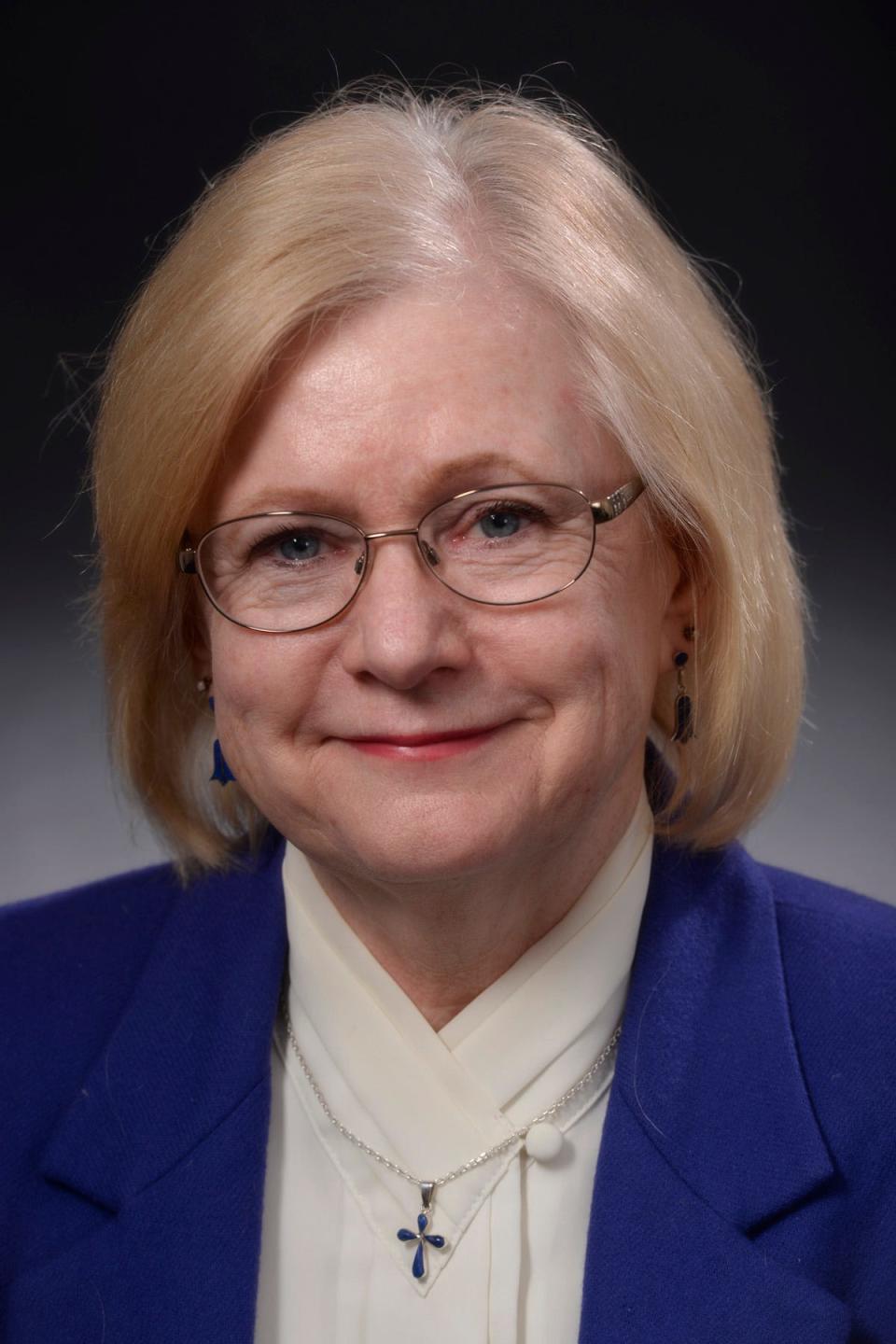Visions for America: VanBuren
- Oops!Something went wrong.Please try again later.
Martin Luther King, Jr. shared his dream — judge people by their character and not by skin color.
Many celebrated the passage of the Civil Rights Act of 1964 to end segregation’s discriminatory practices and to provide financial support for the impoverished.
A generation later, many voted for a Black presidential candidate. Many anticipated greater racial unity with a Black president. In his farewell speech, Obama referred to the hope of a post-racial America as unrealistic.
Years later, his words seem prophetic. Our nation is fraught with widening racial divisions.
As I did in February for Black History month, I again seek the views of Black leaders for current issues concerning education in America.

Two frequently cited educators are Nikole Hannah-Jones (author, educator) and Ibram X. Kendi (author, professor, anti-racist activist).
Hannah-Jones is known for her work on the controversial 1619 Project that alters the founding of this nation and the way that slavery in the U.S. is viewed. She writes to expose systemic racism. Her father is Black, her mother white.
Kendi comes from a middle-class family of Jamaican descent. He attended private Christian schools in Queens. He sees racism permeating all aspects of society. Both address issues of “white privilege,” “oppressors and oppressed” and “equality vs. equity” in training programs and education.
Jason Riley (author, Wall Street Journal columnist, Manhattan Institute senior fellow) and Kendall Qualls (veteran, business leader, speaker/writer, Minnesotan from Harlem via Oklahoma, descendent of slaves) do not share their views.
Riley concurs with Obama that America will not be a post-racial country but for differing reasons. He, a Black man, sees two types of young Black people — those who adhere to the focus on character, espoused by Dr. King, and those who depend upon government assistance. The former invest in human capital for progress, and the latter look to government for assistance.
Qualls envisions one America available to all. He believes the programs of the Great Society distorted the values of the Black community. He reported on the test scores reported by the Minnesota Department of Education. Overall, reading scores fell 7%, math scores 11%, and science 8% from the previous reported scores in 2019. He further noted that the proficiency levels in the predominantly Black schools of Minneapolis were even lower.
Joseph Chamie, writing about National Single Parent Day, provided data to support Qualls’ description about the changes in Black families. Between 1960 and 2020, the number of children living in single-parent families increased dramatically, adding single-parent families are more likely to be poor. In 2018, the poverty rate for single-mother families was 34% or five-times greater than for married-couple families. 21% of white children lived in single-parent families. In contrast, it was 28% for Hispanic children and 51% for Black children.
The Harvard Grant Study I cited last month confirms the relationship between poverty and lower academic achievement.
Qualls founded TakeChargeMN with programs for all to achieve in America. The purpose statement affirms “TakeCharge is an organization committed to supporting the notion that the idea of America works for everyone regardless of race and station in life. We believe that we own our future by instilling the idea of taking charge of our lives, our families, and communities.”
Since there are two experts claiming systemic racism must be eradicated through CRT/DEI/SEL programs in cultural institutions, such as schools, and two advocate personal responsibility as a part of character building, let’s consult a historic icon who came from slavery, served as adviser to two presidents and impacted American life — Booker T. Washington.
Washington held that education and learning skilled trades were the means to obtain equality through self-improvement. Like King advocated later, Washington envisioned advancement through hard work and a strong moral character. That was the path he encouraged to attain equality between Blacks and white people. He did not embrace a victimhood mentality.
I have a dream: a strong family unit as the bedrock for success, encouraging education, motivation, strong character, regardless of skin tones, empowering all to achieve the American dream.
— This is the opinion of Times Writers Group member Phyllis E. VanBuren, a lifelong learner and enthusiastic educator, who values family, friends, faith, honesty, liberty and integrity. Her column is published the fourth Sunday of the month.
This article originally appeared on St. Cloud Times: Visions for America: VanBuren

